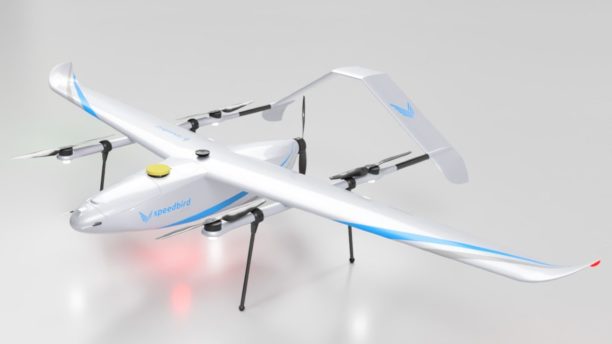When President Trump announced a sweeping 50% tariff on all Brazilian imports, most people probably thought about coffee, beef, or soybeans. But for the drone industry, this trade move could shake up some critical supply chains in ways that might surprise you.
The Brazilian Connection
Brazil might not be the first country that comes to mind when you think about drones, but it’s actually becoming a major player in Latin America’s unmanned aircraft ecosystem. Companies like XMobots and Speedbird Aero are developing everything from agriculture drones to cargo delivery systems. More importantly, Brazil sits on some of the world’s largest reserves of rare earth elements – the same materials that make the tiny but powerful magnets in drone motors.
What These Tariffs Actually Mean
Starting August 1st, that 50% tariff will hit every Brazilian import, including finished drones, drone components, and the rare earth materials that go into making them. For context, that means a $15,000 agricultural drone from Brazil would suddenly cost American buyers over $22,000 after landing costs. For the specialized magnets that power drone motors, prices could jump from around $500 per kilogram to $750 per kilogram.
The Bigger Picture: Supply Chain Diversification
Here’s where it gets really interesting. For years, the U.S. has been trying to reduce its dependence on Chinese drone technology and Chinese rare earth minerals. Brazil was emerging as one of the few viable alternatives in the Western Hemisphere. The country just opened its first heavy rare earth mine in 2024, and several companies are working on magnet production facilities.
But now, just as these alternative supply chains were getting established, the tariffs could make Brazilian materials too expensive to compete with Chinese sources. That’s particularly problematic because China recently tightened its own export controls on rare earth materials, driving up prices globally.
What This Means for American Drone Companies
American drone manufacturers are caught in the middle. On one hand, the tariffs provide some protection from Brazilian competition. On the other hand, they’re facing higher costs for critical materials they need to build their own products. Companies like Skydio and others that have been positioning themselves as alternatives to Chinese drones might find their production costs rising just as demand for non-Chinese options is increasing.
The Work-Around Options
Brazilian companies aren’t sitting still. Some are already looking at setting up assembly operations in Mexico to take advantage of USMCA trade rules. Others are exploring joint ventures with American companies to establish manufacturing on U.S. soil. There’s even talk of a magnet recycling facility in South Carolina that could help address some of the rare earth supply issues.
Looking Ahead
The drone industry has always been about innovation and adaptation. These tariffs represent another challenge that companies will need to navigate. For Brazil, it might mean pivoting more toward European and Asian markets. For American companies, it could mean accelerating domestic production capabilities or finding new supply chain partners.
What’s clear is that the drone industry’s supply chains are more interconnected than many people realize. A trade policy decision focused on one country can ripple through emergency response capabilities, agricultural monitoring, and even the development of next-generation autonomous systems.
The question now is whether industry players can adapt quickly enough to maintain the momentum that’s been building in the drone sector. Given the industry’s track record of innovation, they probably will – but it might cost a little more and take a little longer than originally planned.
Read more:


Miriam McNabb is the Editor-in-Chief of DRONELIFE and CEO of JobForDrones, a professional drone services marketplace, and a fascinated observer of the emerging drone industry and the regulatory environment for drones. Miriam has penned over 3,000 articles focused on the commercial drone space and is an international speaker and recognized figure in the industry. Miriam has a degree from the University of Chicago and over 20 years of experience in high tech sales and marketing for new technologies.
For drone industry consulting or writing, Email Miriam.
TWITTER:@spaldingbarker
Subscribe to DroneLife here.


